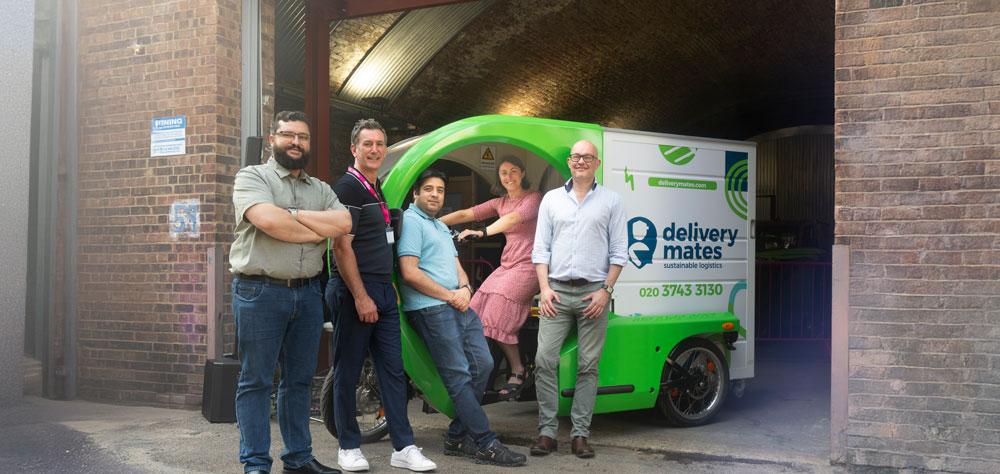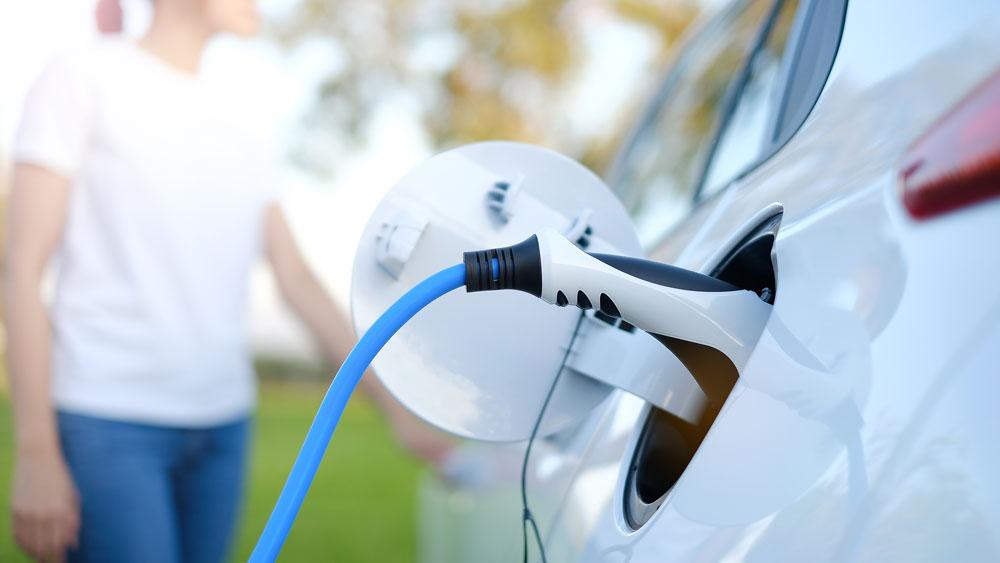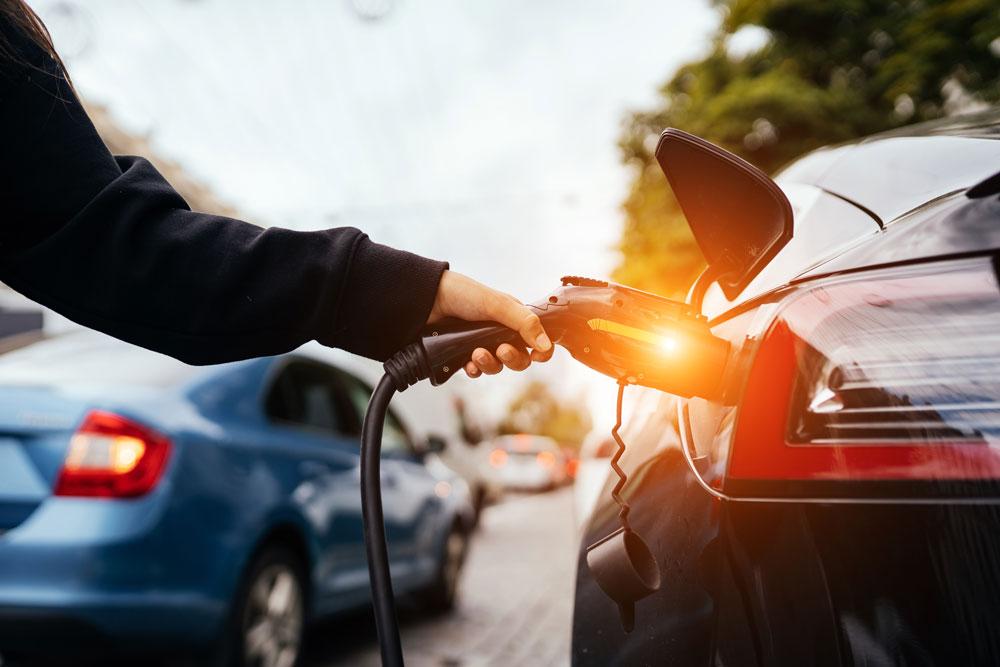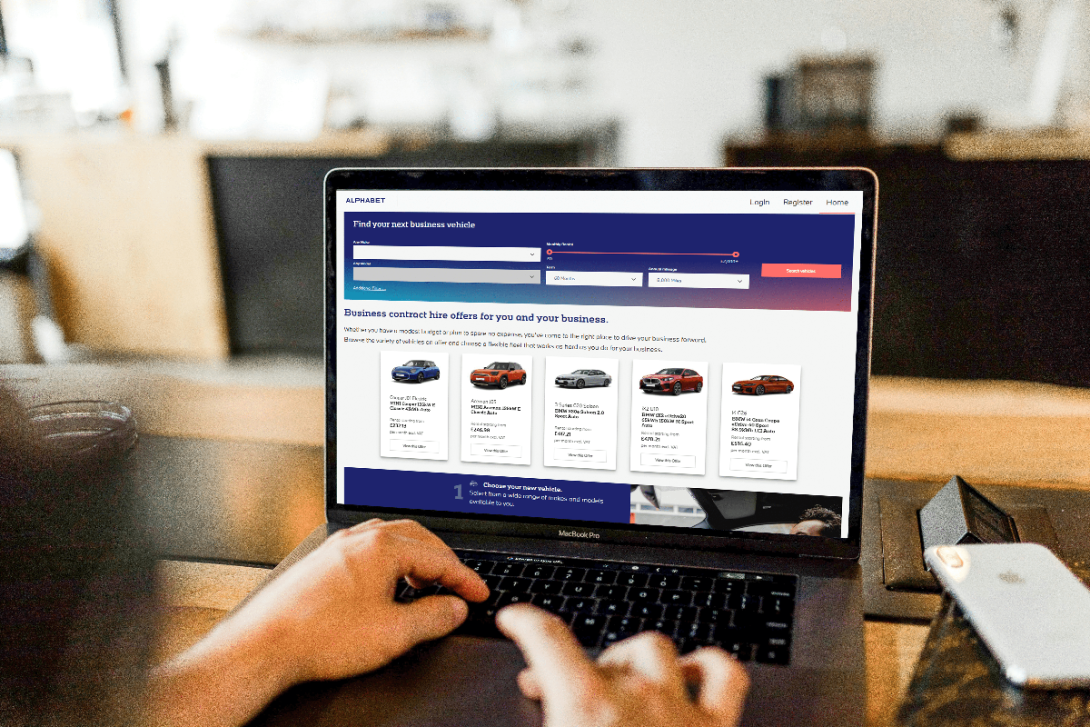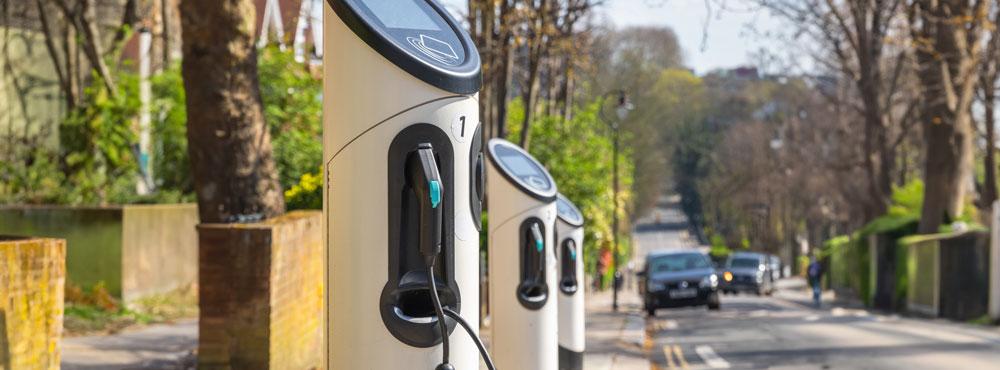Small firms often do not have the same resources to make investments in decarbonisation compared to their larger counterparts. Martin McTague, national chair of Federation of Small Businesses explores the barriers holding small firms back from switching to zero-emission vehicles
Though the need for them has never been more pressing, efforts to encourage small business owners to opt for low emission vehicles are nothing new.
Scottish Inventor Robert Anderson created the world’s first crude electric carriage way back in the 1800s. Meanwhile, the Bersey Electric Cab offered its services to Londoners for just a few years at the end of the 19th century.
But despite their initial success, higher-priced electric vehicles soon lost their appeal and were replaced by the combustion engine.
Over a century later, zero emission vehicles will be a key to reaching net zero by 2050. In the UK, transport accounts for just under a third of all greenhouse emissions, its single biggest contributor.
In November 2020, the UK government announced that all new petrol and diesel car and van sales will be phased out by 2030. By 2035, all new cars and vans must be fully zero-emission at the tailpipe.
However, fewer than one in ten of our members currently have plans in place to switch their work vehicles to electric by 2030. As the current cost of doing business crisis persists, firms will increasingly find themselves lacking the cash needed to purchase a zero emission vehicle.
It will be critical for policymakers to incentivise road users to make the switch.
A crucial role to play
Thankfully, small businesses recognise their role in the transition, and are keen to play their part.
Our research shows a majority of small firms believe the planet is facing a climate crisis, and a third have already taken steps to decarbonise.
However, small firms often do not have the same resources to make investments in decarbonisation compared to their larger counterparts. The cost of EVs, the lack of a second-hand market and fragmented charging infrastructure in rural parts of the country are barriers that hold businesses back.
For the 58 per cent of small businesses in urban areas and 68 per cent in rural parts of the country, their work is dependent on their vans. But with the lack of a wide range and affordable electric vans as well as a underdeveloped second hand market, it is almost impossible for them to make the switch now, even when they are eager to do so.
A member who was in touch recently captured the state of play succinctly: “Although I am very keen to upgrade our van to an electric vehicle, it is currently not financially possible.”
As such, we need direct incentives to get firms on the right track.
We’ve set out proposals for a Help To Green scheme – modelled on existing Help to Grow programmes – which would allow small firms to reclaim some of the cost of investment in net zero measures, including the purchase of reasonably-priced ZEVs.
A comprehensive scrappage scheme could help spur change too, with recyclable commercial diesel vehicles swapped for grants towards cleaner hybrid and zero emission vehicles.
Complementary interventions are needed to ensure that ZEVs are affordable for small firms when the 2030 ban takes effect in less than a decade – in practice, a developed second-hand market to keep costs within a reasonable range.
Making the switch fair
The other danger is emergence of a two-tier society, with those that have made the switch exempt from clean air charges, whilst those who cannot afford the switch are left to pay penalties.
That’s why we’re urging governments to hand Clean Air and Low Emission Zone charges back to smaller businesses and sole traders in the form of grants for ZEV purchases.
Outside of the direct cost of upgrading, more than a third of small firms say the lack of charge points is putting the brakes on making the switch – in rural areas, that figure rises to four in 10.
We can’t (even if we are discussing modern cars and vans) put the cart before the horse: ZEVs for all by 2030 simply will not be possible unless we have a comprehensive charging infrastructure in place to keep them on the road.
The reality is, we need the Government to take action and start implementing its EV charging strategy as put forward again in the Transport Bill, ensuring their targets are matching up with the EVs on the roads.
Firstly, because not every small business owner will be able to install a charge point on site and will therefore be reliant on public changepoints. A significant number of our members already say that their landlords won’t ok installation, and fewer than one in ten currently has a charge point set up.
Secondly, because, as things stand, charge points are concentrated around motorways. That’s fine, you may think, except that the small firms that make-up 99 per cent of the private sector often travel without using them at all.
What none of us wants to see is remote artisan, food and hospitality business stranded in the countryside, failing to reach customers and delivery their goods and services because those who’ve made the ZEV switch feel they can’t reach them – the B&B sent to the wall because they can’t install a charge point, and there isn’t a public one near them.
In taking forward its plan to build a network of 300,000 chargers in the UK by 2030, the Government must treat the local roads network with the same priority as motorways and major A roads, future proofing the rural economies on which millions of livelihoods depend.
Green skills
Alongside incentives and infrastructure, we urgently need to get serious about developing green skills too.
The chronic shortage of HGV drivers with knowledge of electric vehicles, for example, could be addressed through a combination of a focussed SME Driver Training Scheme and an HGV Driver Independent Training Loan Scheme, aimed at funding training and specialist courses, with repayments made from salaries over time.
Fundamentally, the UK-wide switch to ZEVs can’t happen without small business owners, and whilst there are measures out there to help us, such as tax reliefs, congestion charge exemptions and capital allowances, we need to see policymakers go much further and create greater awareness on the benefits of making the switch to ZEVs.
We are determined to do our bit and, with the right support to unlock our potential, the small business community can be at the forefront of the journey to net zero, driving us towards a greener future.


